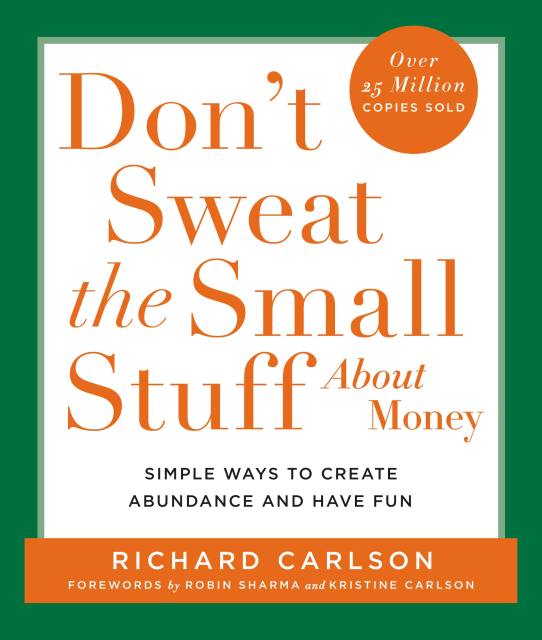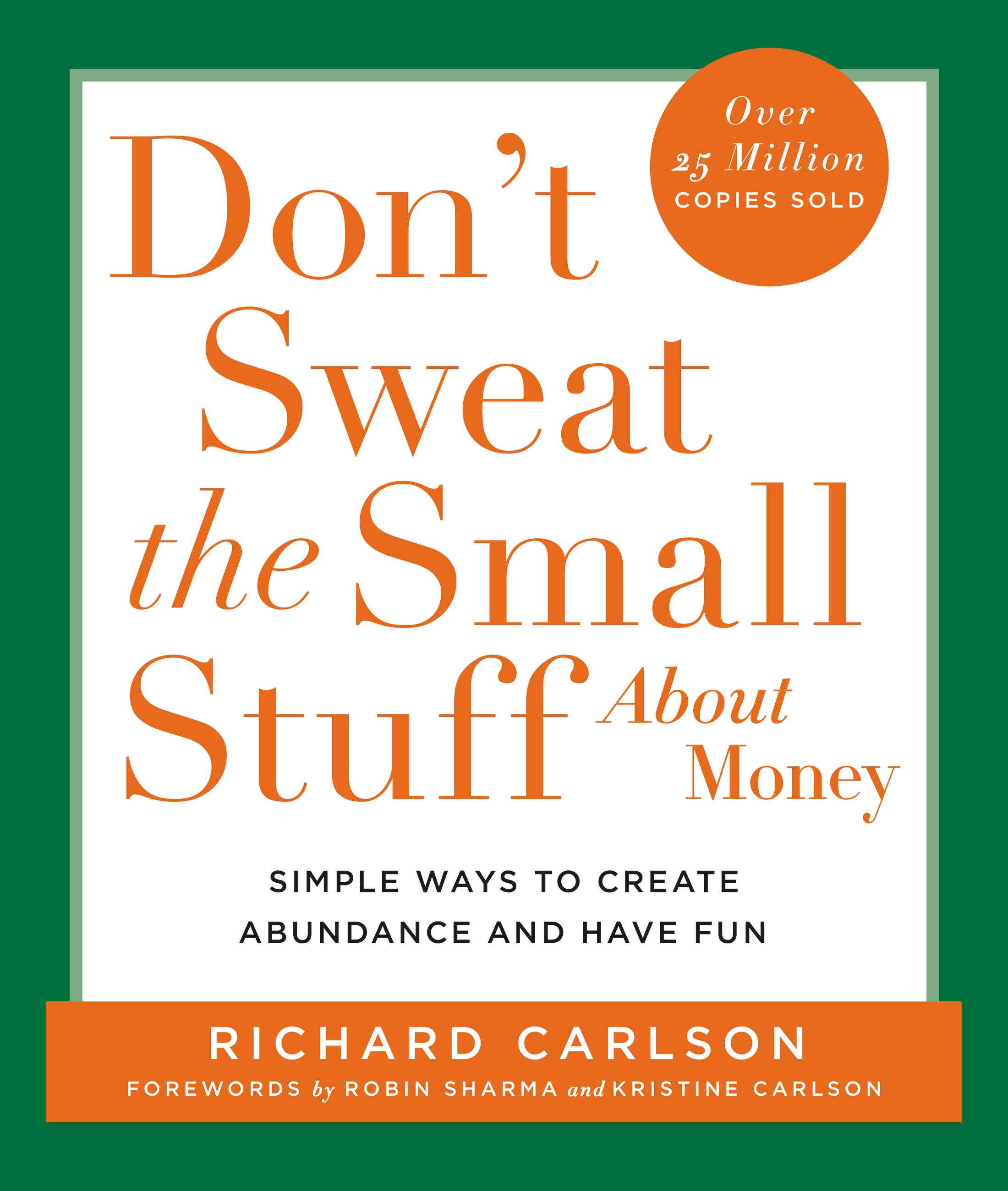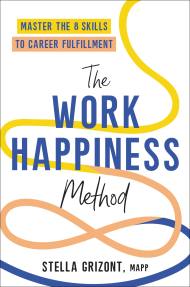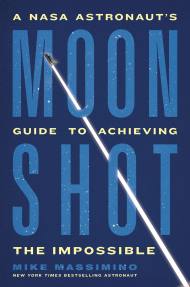Promotion
Use code MOM24 for 20% off site wide + free shipping over $45
Don't Sweat the Small Stuff About Money
Simple Ways to Create Abundance and Have Fun
Contributors
Formats and Prices
Price
$8.99Price
$11.99 CADFormat
Format:
- ebook $8.99 $11.99 CAD
- Trade Paperback $19.99 $25.99 CAD
This item is a preorder. Your payment method will be charged immediately, and the product is expected to ship on or around May 21, 2013. This date is subject to change due to shipping delays beyond our control.
Also available from:
Featured in Don't Sweat the Small Stuff: The Kristine Carlson Story starring Heather Locklear, premiering on Lifetime
This #1 bestselling guide to managing your career and living comfortably with your finances reveals fascinating insights for everyone from businesspeople to those who manage the household budget. Don't Sweat the Small Stuff About Money illuminates how to:
This #1 bestselling guide to managing your career and living comfortably with your finances reveals fascinating insights for everyone from businesspeople to those who manage the household budget. Don't Sweat the Small Stuff About Money illuminates how to:
- Learn more about the relationship between moods and money
- Be aware of what you don't know, and what you're not good at
- Spend the bulk of your time on the "critical inch" of your business
- Avoid giving away your power.
Genre:
-
Praise for Don't Sweat the Small Stuff:
-
"Over a decade of positive psychology research seems to validate what we learned twenty years ago from Don't Sweat the Small Stuff. . . . These wonderful books help break down and simplify how to achieve that happiness."ShawnAchor, bestselling author of The Happiness Advantage
-
"After almost two decades since the original release of Don't Sweat the Small Stuff, Richard Carlson's insights on the meaning of life continue to be timeless. The book teaches us to focus on the 'now' and find balance by living through contentment."DeepakChopra
-
"Don't Sweat the Small Stuff has the power to change our individual and collective lives. I am deeply grateful to Dr. Richard Carlson and his beloved wife Kristine for their wisdom and compassion in bringing transformational practices and perspectives to millions of readers."ShaunaShapiro, author of The Art and Science of Mindfulness
-
"Richard Carlson caused a revolution in all our thinking with his Don't Sweat the Small Stuff books. He was like a Zen master in disguise, taking almost an aw-shucks attitude toward shifting the culture."MarianneWilliamson, New York Times bestselling author of A Return to Love
- On Sale
- May 21, 2013
- Page Count
- 240 pages
- Publisher
- Hachette Books
- ISBN-13
- 9781401305888
Newsletter Signup
By clicking ‘Sign Up,’ I acknowledge that I have read and agree to Hachette Book Group’s Privacy Policy and Terms of Use







